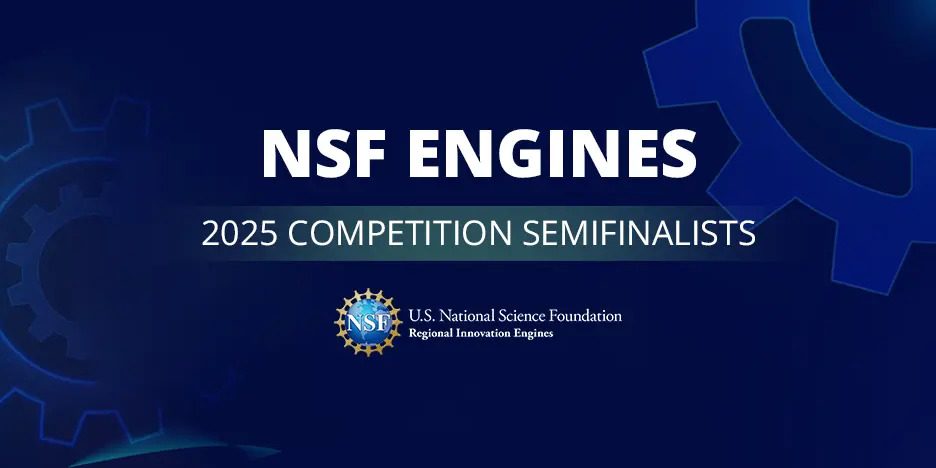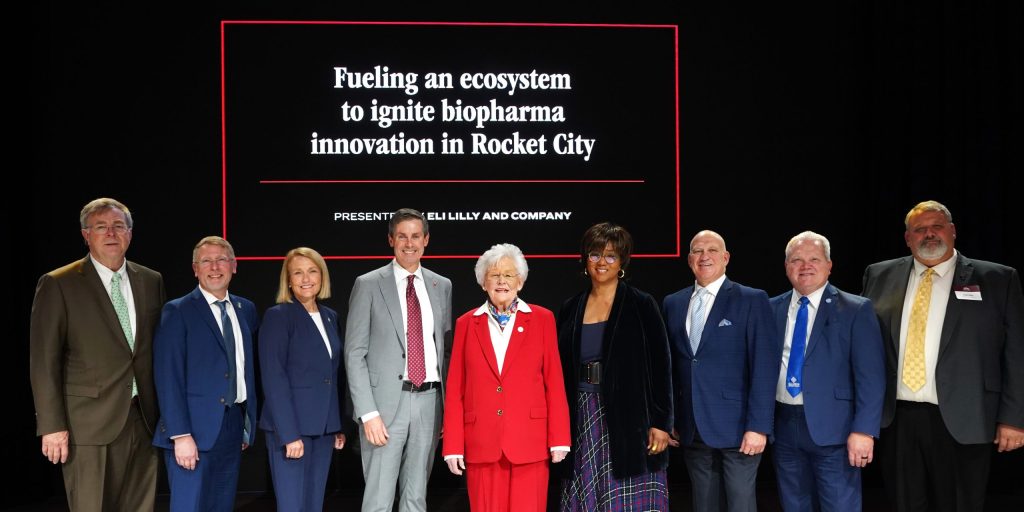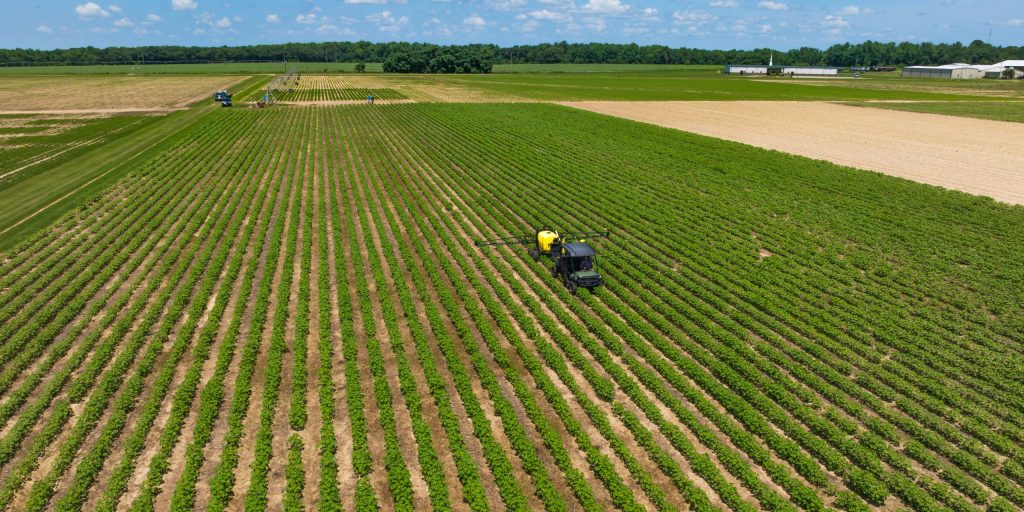HUNTSVILLE — With a program to create rural economic development through plant-based products for construction materials as well as the automotive and packaging industries in the Southeast, the HudsonAlpha Institute for Biotechnology’s BRIDGES Engine proposal has advanced as a semifinalist in the National Science Foundation’s Regional Innovation Engines program.
Auburn University and the University of Tennessee are co-leads in the BRIDGES Engine.
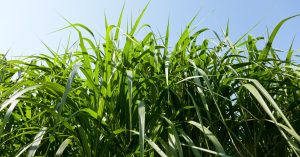
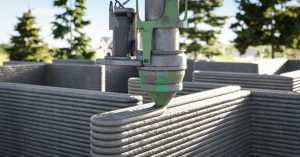
Of the more than 300 entries that began the process, the National Science Foundation selected 29 teams to advance to the next round of the competition.
BRIDGES seeks to revitalize rural economies across the Southeast by growing specially developed agricultural grasses on low productivity farmland and transforming them into high-demand products, such as compostable packaging, car parts and construction materials. In the process, it creates high-quality jobs and unlocks new revenue streams for farmers and local communities.
“Our team is proud to have earned its way to this stage in the award process,” said Dr. Sam Jackson, HudsonAlpha’s director for the BRIDGES Engine. “This announcement is confirmation that the reviewers and the NSF recognize the potential and value of the BRIDGES Engine. We’re fortunate to have so many strong partners across industry, research and communities in the region, and we look forward to continuing through this process with their support.
“Our proposed Engine has a tremendous potential for creating lasting economic impact across the region.”
The BRIDGES Engine seeks to create economic impact in rural communities by jumpstarting biomanufacturing from agricultural materials in key sectors like automotive, construction materials, and packaging, building new industries,
During the next stage, NSF will assess the semifinalists to gain further understanding of their regional coalitions, the alignment of their proposed leadership teams and core partners, and their visions for research and development and translation.
NSF anticipates announcing the final list of NSF Engines awards in early 2026.
“This outstanding cohort of semifinalists clearly demonstrates that America’s technology competitiveness will depend as much on expanding our ability to unlock innovation capacity in every part of our country — from the rural plains and western ranges to cities with rich industrial and manufacturing legacies — as it will on advancing the technologies themselves,” said Erwin Gianchandani, NSF assistant director for Technology, Innovation and Partnerships.
The NSF Engines program has seen a tenfold return on taxpayers’ dollars — an initial investment of $135 million across nine NSF Engines has garnered more than $1 billion in matching commitments from private industry, philanthropy and state and local governments.
The second wave of NSF Engines will soon follow the initial investments, shoring up innovation ecosystems in new regions across the U.S. The NSF Engines are intended to help ensure the U.S. remains globally competitive in key technology areas for decades to come.
Learn more about the BRIDGES Engine program, visit www.bridgesengine.org. A map of the NSF Engines semifinalists is available here.


